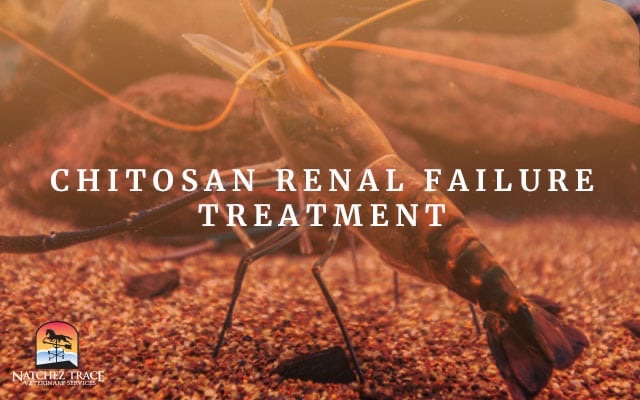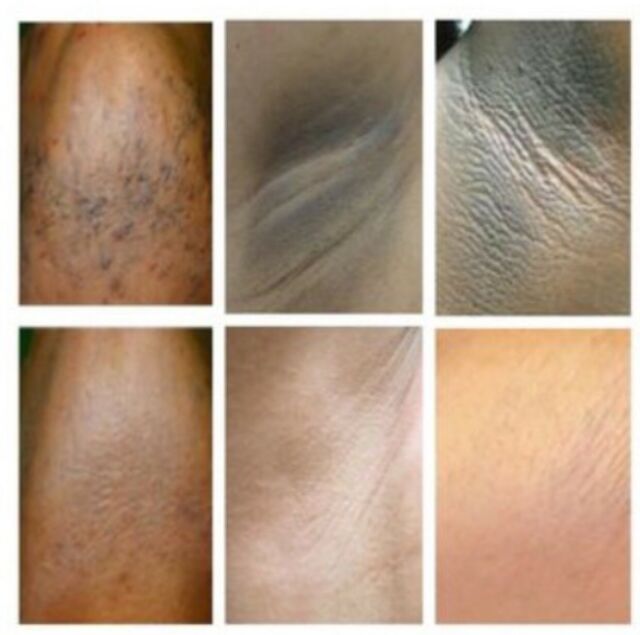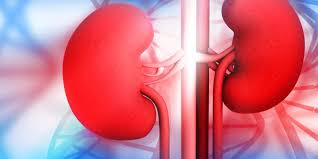
By Prof. Raphael Nyarkotey Obu
A recent study by Wu et al.(2022) published in Nature reports that chitosan is used to treat complications that kidney failure patients on dialysis often face, including high cholesterol, “tired blood” (anemia), loss of strength and appetite, and trouble sleeping (insomnia).
Another study in rats( Sutthasupha et al. 2022) also found that the use of Chitosan as a supplement may be useful in reducing prediabetic complications especially renal injury and the risk of type 2 diabetes.
A previous study by Bai et al.(2018) investigated the effect of single and combination therapy using chitosan (K), gynostemma(J), and motherwort (Y) on an experimental rat model of chronic renal failure (CRF) induced by adenine and the underlying mechanisms. The combination therapy exerts an anti-inflammatory effect and improves renal function in rats with chronic renal failure.
An old study by Jing et al.(1997) examine the effects of chitosan on eighty patients with renal failure undergoing long-term stable haemodialysis treatment. The patients were tested after a control treatment period of 1 week. Half were fed 30 chitosan tablets (45 mg chitosan/tablet) three times a day.
Ingestion of chitosan effectively reduced total serum cholesterol levels and increased serum haemoglobin levels.
Significant reductions in urea and creatinine levels in serum were observed after 4 weeks of chitosan ingestion. The feeling of physical strength, appetite, and sleep of patients in the treatment group had improved significantly after 12 weeks of ingestion, compared with those of patients in the control group. During the treatment period, no clinically problematic symptoms were observed. These data suggest that chitosan might be an effective treatment for renal failure patients, although the mechanism of the effect should be investigated further.
Another old study by Nagano et al.(1995) in 12 weeks using 1450 mg of Chitosan per day showed reduced serum cholesterol, increased mean serum hemoglobin, reduced BUN, and reduced creatine in the group taking Chitosan as compared to the control group. The treatment group also showed improved appetite, sleep, and feelings of physical strength.
In this study, the rats fed either Chitosan, Kremezin, or a standard diet showed the rats fed Chitosan showed marked prolongation of the survival period and decreases in blood urea nitrogen, serum creatine, serum phosphate, and protein ratio as compared to the group fed Kremezin or a regular diet which showed increases during the same period
In humans, in one study by Bokura and Kobayashi(2003),ninety female volunteers (age 34–70 y) with confirmed mild to moderate hypercholesterolemia were enrolled in the study. They were randomly assigned to receive chitosan (1.2 g per day) or placebo in a double-blind manner. Serum lipids, body weight,and adverse events were assessed at baseline and after 28 and 56 days of treatment. Subjects maintained their usual diet and documented the type and gross amount of food consumed.
Chitosan significantly reduced total cholesterol compared to placebo. In a subgroup of subjects over 60 years of age, the chitosan group significantly reduced total and LDL cholesterol with a placebo. Adverse effects were few; no serious events were reported. Their results demonstrate that chitosan is safe and effective for lowering cholesterol.
Another study in humans by Jing et al.(2011) examines theeffects of chitosan on eighty patients with renal failure undergoing long-term stable haemodialysis treatment.
The patients were tested after a control treatment period of 1 week. Half were fed 30 chitosan tablets (45 mg chitosan/tablet) three times a day. Ingestion of chitosan effectively reduced total serum cholesterol levels and increased serum haemoglobinlevels. Significant reductions in urea and creatinine levels in serum were observed after 4 weeks of chitosan ingestion. The feeling of physical strength, appetite, and sleep of patients in the treatment group had improved significantly after 12 weeks of ingestion, compared with those of patients in the control group. During the treatment period, no clinically problematic symptoms were observed.
These data suggest that chitosan might be an effective treatment for renal failure patients, although the mechanism of the effect should be investigated further.
One chitosan-based product, a veterinary-specific formula called Epakitin has been clinically proven to reduce urea, creatinine, and calcium absorption and decrease phosphatemia, increasing life expectancy without affecting food consumption.
Epakitin is reported to prevent future kidney damage and improve the pet’s quality of life.
The side effects of Epakitin have been mild and include lack of appetite, behavior changes, lethargy, and hypercalcemia (if higher than the recommended dose is administered). The recommended dosage is 1g/5kg of body weight given orally in the morning and the evening with food.
Chitosan should be taken 30-60 minutes before eating, allowing it to activate so that it can absorb the fat and/or toxins from the meal. It is famous worldwide in water purification plants and was only recently introduced as a health supplement.
Chitosan is made from chitin, a fibrous compound found mainly on the hard outer skeletons of crustaceans and in the cell walls of some fungi. One study revealed that an enzymatic reaction produces chitosan — a more suitable form for supplements ( Moraru et al. 2018).
Take Home
Chitosan for dogs and cats is recommended by vets to support kidney function. It binds with the phosphorus in the body, limiting its absorption and supporting healthy renal function.
In humans, some studies have also reported its effects on those suffering from kidney-related issues. For instance, it has been used in patients with kidney failure requiring long-term hemodialysis without any obvious side effects.
Chitosan can regenerate and promote new tissue formation when injured, or burned.
For instance, Mahammad Juber, MD, claimed that most of the chitosan that enters your body eventually finds its way to your kidneys and exits your body through your urine. There is some very preliminary evidence that chitosan’s presence in your kidneys may provide benefits to these internal organs — especially for people with polycystic kidney disease.
He further acknowledged that one human study did find that including chitosan in gum was able to lower phosphorus levels in the blood of dialysis patients, but the effect was only seen in certain patients, so researchers are still investigating this possible benefit.
Chitosan is POSSIBLY SAFE for most people when taken by mouth for up to six months. The standard dosage of chitosan is 3 to 6 g per day.
For the best chitosan, Nyarkotey Herbal Pharma has quality Chitosan and top brands of supplements.
NB:
Prof. Nyarkotey has strict sourcing guidelines and relies on peer-reviewed studies, academic research institutions, and medical associations to justify his write-ups. My articles are for educational purposes and do not serve as Medical advice for Treatment. I aim to educate the public about evidence-based scientific Naturopathic Therapies.
The writer is a Professor of Naturopathic Healthcare, a Medical Journalist, and a science writer. President, NyarkoteyUniversity College of Holistic Medicine & Technology (NUCHMT)/African Naturopathic Foundation, Ashaiman, Ghana. E. mail: professor40naturopathy@gmail.com. Visit-profnyarkotey.com for more.
Nyarkotey Herbal Pharma has been set up to house quality natural products from all over the world. You can now buy all your vitamins, herbs, supplements, homeopathy drugs, Ayurveda drugs and more. It is located at Amrahia, DodowaRoad, behind Potbelly. We have qualified Naturopathic doctors managing the Natural Medicine Mall. We do deliveries as well. Call on: +233207844338/0541090045. Special consultation is also available for diabetics, hypertensive and cancer patients, and many more




